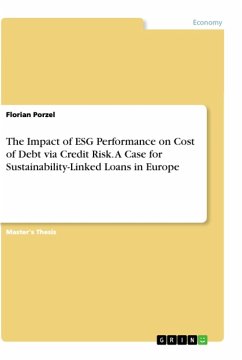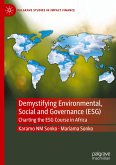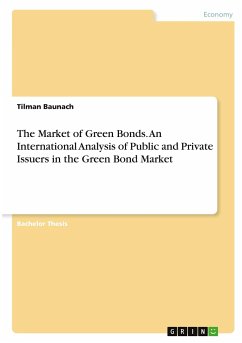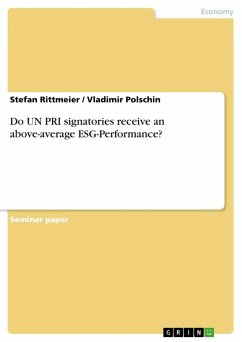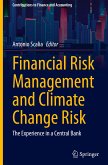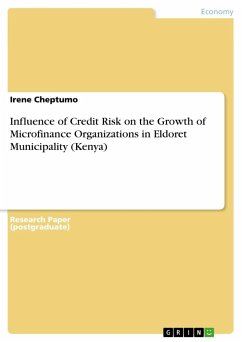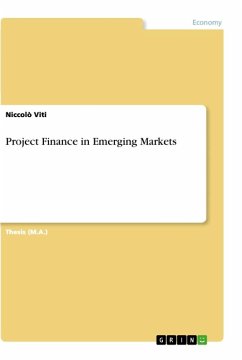Master's Thesis from the year 2020 in the subject Business economics - Investment and Finance, grade: 1,0, Erasmus University Rotterdam (Rotterdam School of Management), course: Finance / Sustainable Finance, language: English, abstract: This thesis, graded with summa cum laude, examines the effect of Corporate Social Responsibility (CSR) expressed through Environmental, Social, and Governance (ESG) scores on firms' cost of debt on two distinct layers with a particular interest on the economic mechanism through which sustainability performance unfolds. Three distinct economic channels for the effect of corporate sustainability on the cost of debt capital are established, namely governance strengths, information asymmetry, and credit risk. The work provides evidence that the latter is primarily responsible for lower debt premia to sustainable borrowers. First, on firm-level, it is shown that superior ESG performance can offset cost of debt by 0.45% for a one standard deviation improvement on ESG performance. In current times of global climate stress with environmental anomalies happening at a daily rate, business actions are understood to play the pivotal role in fighting the most pressing concern in contemporary human history - the transition towards a sustainable economic model. In fact, in order to reach the ambitious sustainability target set by the European Union to reach carbon neutrality by 2050, additional sustainable investments of EUR175 to EUR290 billion are in demand annually. As such, the scaling up of private sector investments entered as key element into the EU Sustainable Finance Action Plan launched by the European Commission in 2018. And although the first climate change bankruptcy with PG&E Corp. failing to meet potential liabilities of around USD30 billion resulting from wildfires already occurred, the need for sustainable adaptation of business practices is erroneously evaluated against hypothetical scenarios or a debatable model of the long-term effects of change.

